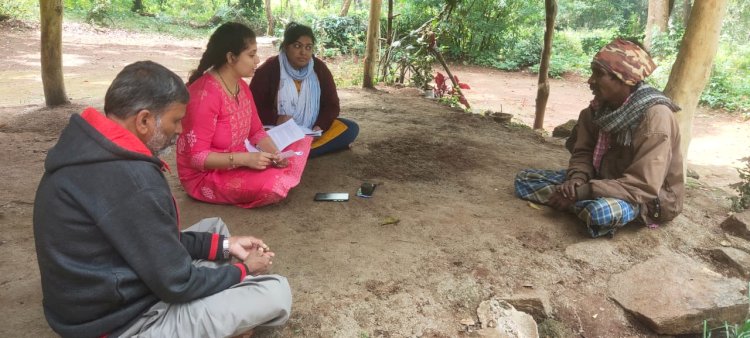Role of the Community Engagement in mitigating the impact of climate change on health
This article delves into how Community Engagement plays a crucial role in mitigating the impact of climate change on health
Climate change transcends mere environmental shifts; it poses a formidable threat to public health worldwide. The escalating global temperatures, intensified extreme weather events, and altered disease patterns all contribute to a complex web of health risks for communities everywhere. From heat-related illnesses to the resurgence of infectious diseases, the ramifications of climate change are profound and multifaceted.
At the heart of effective climate action lies the power of community engagement. Here's why community involvement is indispensable in mitigating the health impacts of climate change:
1. Tailored Solutions through Community Engagement: Every community is unique, with its own distinct challenges and vulnerabilities. By actively engaging community members, we can identify and implement tailored solutions that address specific health risks associated with climate change. Whether it's implementing heatwave preparedness plans or bolstering vector control measures, community engagement ensures that interventions are contextually relevant and effective.
2. Building Resilience through Collective Action: Climate change is an ongoing and evolving challenge, requiring communities to build resilience in the face of uncertainty. Through collaborative efforts, communities can pool knowledge, resources, and support networks to enhance their adaptive capacity and resilience. By fostering a culture of solidarity and cooperation, we can better withstand the health impacts of climate change and thrive in the face of adversity.
3. Raising Awareness and Empowering Communities: Community involvement serves as a powerful catalyst for raising awareness about the health effects of climate change. Through educational initiatives, workshops, and community events, we can empower individuals with the knowledge needed to make informed choices that positively impact their health and the environment. By equipping communities with the tools and information they need, we can mobilize grassroots action and drive positive change from the ground up.
4. Advocating for Policy Change: Our collective voice holds power in shaping policy and driving systemic change. By uniting as a community, we can advocate for policies and practices that prioritize public health in the face of climate change. This includes supporting sustainable practices, green infrastructure, and measures to reduce pollution. By amplifying community voices, we can influence decision-makers and drive policy reforms that benefit public health and the environment.
5. Fostering Ownership and Feedback Mechanisms: Involving communities in the decision-making process fosters a sense of ownership and empowerment. By soliciting feedback and engaging in dialogue with community members, policymakers can ensure that climate policies are responsive to the needs and concerns of those most affected. Regular communication and feedback mechanisms enable policymakers to adjust policies based on real-time experiences and challenges faced by communities, ensuring that interventions are equitable and effective.
What's Your Reaction?





















